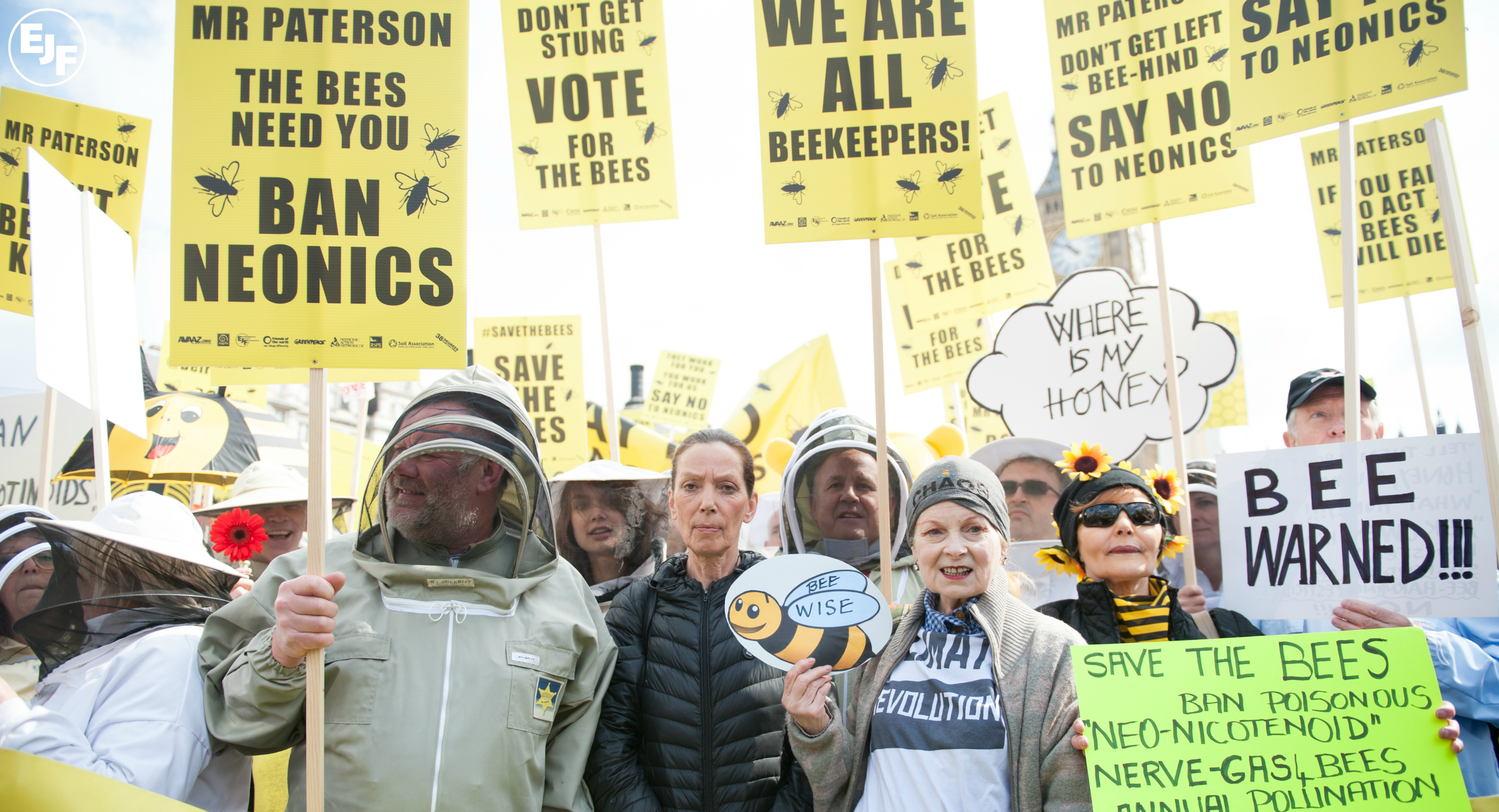
EU to ban neonicotinoids
On Monday 29th April, Member States of the European Union voted on whether to impose a two year moratorium on the use of three neonicotinoid pesticides. The proposal would see a restriction on the use of clothianidin, imidacloprid and thiametoxam for soil treatment, soil application and foliar treatment of plants and cereals attractive to bees. The vote was held in response to the European Food Safety Authority’s (EFSA) research which identified “high acute risks” for bees.
In order to bring about a ban directly, Member States would have had to have reached a qualified majority in favour of the ban. Fifteen Member States voted for the proposal with 8, including the UK, voting against. 4 Member States abstained. Despite the lack of a qualified majority, the decision on whether to implement the ban now lies with the European Commission (EC), which has indicated that it will adopt the proposal.
"Our proposal is based on a number of risks to bee health identified by the EFSA, [so] the European commission will go ahead with its plan in coming weeks." Health and Consumer Commissioner, Tonio Borg
The restrictions will apply from 1 December 2013.
This marks a real breakthrough for all those who have campaigned long and hard to end the use of neonicotinoids and is the first step in helping to protect our declining bee populations. However, this is not the end of road as action must be taken to ensure that the ban becomes permanent. Campaigning must also continue to press the UK Government for a UK-wide Pollinator Action Plan; encouraging the adoption of pollinator-friendly farming practices; pushing for independently funded research to be published in peer-reviewed journals; and better regulatory controls such as the requirement to test the impact of pesticides on a range of pollinators and not just honey bees.
“EJF are delighted that the European Union will bring in the ban. Today is a milestone in the fight to protect bees and other pollinators. We hope this marks the beginning of a sensible, scientific approach to protect bees and other pollinators, not just from pesticides, but also from the other threats they face. We’d like to call on the UK Government to sit up and take note, stop listening exclusively to the pesticide producers and act in the better interest of our agriculture, our environment and our economy by moving swiftly to support and implement the EU ban.” Steve Trent, Executive Director of EJF